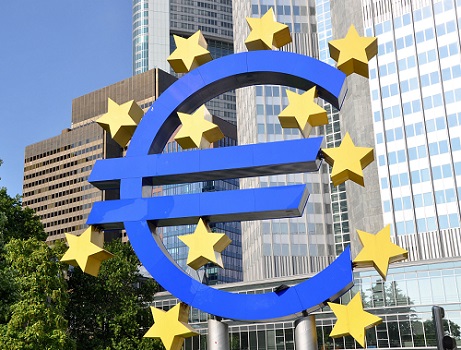
A new report shows the European Parliament is spending nearly €40 million ($45 million U.S.) a year to pay for offices that may not even exist. Further, the body does not require any documentation of how Members of European Parliament (MEPs) spend the funds entrusted to them. The report raises the question: Is it possible to concentrate money and power without luring their stewards into corruption?
A new article in Religion & Liberty Transatlantic explores the intersection of power, temptation, and responsible stewardship raised by this investigation. Kaetana Leontjeva-Numaviciene reveals how the European Parliament offered to pay MEPs to maintain offices in their home countries in order to give taxpayers greater access to their representatives. But she explains in detail how hundreds of MEPs may be taking the funds without opening any office whatever, a situation EP officials have declined to investigate.
The program has been criticized before. Transparency International has noted that members’ full allowances are transferred into “their own personal accounts by default.” But what happens to those funds is a mystery to everyone, most of all the taxpayers funding that transaction.
“This report is a telling example of taxes being redistributed from the regular, hard-working European families to the well-connected elite,” writes Leontjeva-Numaviciene.
In other cases, the author reveals dozens of cases in which MEPs are enriching their political parties – or themselves – by “renting” office space that they own, sometimes in locations that are virtually inaccessible to most of their constituents.
Ironically, the funds – intended to make representatives more accountable to their voters – act as a subsidy from the EP to politicians and political parties. Since some of that money trickles back to them with no questions asked, it incentivizes MEPs to continue extracting money from their local economies and generously funding EU supranational governance.
In her article, the author notes how the program’s perverse incentives and lack of transparency may entice MEPs into immoral, and sometimes criminal, actions:
It is equally worrying that generous payments without any accountability may be a possible source of corruption. … Previously lax rules on parliamentary assistance allowance were found to have been exploited by some MEPs, with one ex-MEP being jailed in 2016 for fraudulently using funds intended for support staff to lavish gifts on his wives, engaging in a “sustained pattern of stealing.” The report on MEPs’ ghost offices suggests there may be additional instances of corruption.
Furthermore, she writes that this form of cronyism at the EU level creates a glaring double standard between elite rulers and their subjects. The body’s:
opaque spending of taxes undermines MEPs’ moral authority in their demands for more taxpayer transparency. The European Parliament has been one of the most vocal proponents of the exchange of information among tax authorities, which invades privacy and undermines individual liberty.
Transparency is not the only area where different sets of rules apply to those who pay taxes and those who spend them. While taxpayers are burdened by the ever-growing complexities of tax laws and regulations, MEPs do not face any scrutiny over how they spend their General Expenditure Allowance. If a private, EU-based company annually spent $45 million tax-free with no documents to account for this spending, EU officials would be first to call for a thorough investigation and tighter rules, yet when MEPs spend taxpayers’ money without documenting their expenses, this is allowed, since the supranational government sets its own rules.
Can any government of this size, scope, and magnitude exist without stimulating immoral behavior? Kaetana Leontjeva-Numaviciene reflects on this question, as well. You can read her full article here.
(Photo credit: weekendpower. This photo has been cropped. CC BY 2.0.)

